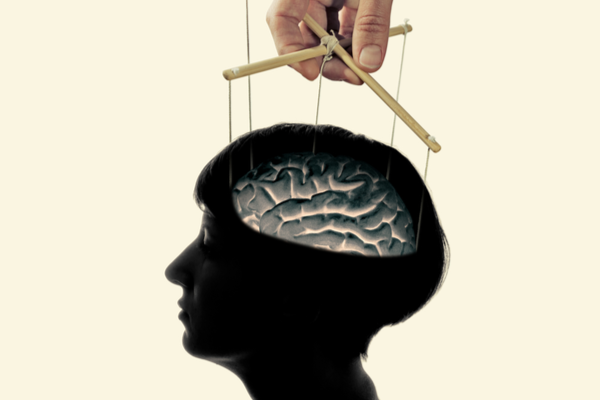
What is happiness? Here are 4 Buddhist principles that can help us free ourselves from mental pain and live in peace
Here are four principles of Buddhism that can help us live happily and at peace with ourselves
What is happiness? Do we feel truly happy in our daily life? Sometimes one gets the impression that in order to achieve well-being at all costs, we do not dwell on what we have and that it could be the very essence of our happiness. Here are 4 Buddhist principles that can help us free ourselves from mental pain and live in peace.
We are used to thinking that happiness rhymes with success, money, material goods. Of course, all these things are important in our life, needless to deny it, but the concept of happiness cannot depend only on them. Take for example, the story of Siddhartha Gautama, the historical Buddha, who despite being a Hindu prince, at the age of 21, strips off his possessions and goes in search of the cause of human suffering.
After abandoning himself to a rigorous asceticism and then to meditation, Buddha takes his teachings all over the world and some refer to happiness. Here are four principles that encompass the secret of happiness in everyday life. If you want a better life, the change may be in your hands, sometimes it's just a matter of choice and courage.
Read also: The secret of Danish happiness in the 10 points of the Hygge Manifesto
Index
Turn negative into positive
According to Buddhist philosophy, in every negative situation there is an intrinsic value that turns to the positive. Therefore, any unfavorable event can be changed and converted into a source of positive and beneficial values. The secret lies in the way we perceive everything: a negative and painful experience is often necessary to motivate us or to push us to change.
On the contrary, if we break down in the face of difficulties or difficult circumstances, the poison that is created within us has no way of transforming itself. Then according to Buddha, it is only by overcoming the most painful challenges that we grow as human beings. The greater our commitment, the greater the opportunity to grow in vitality and wisdom.
Anything can happen, anything is transitory
An ancient saying went: 'life is beautiful because it is varied'. According to Buddha, the rule applies: 'Never allow life's difficulties to disturb you. After all, no one can escape problems. ' In summary, suffer when you have to suffer, be happy, when it's time to be happy.
This teaching urges us to understand that the nature of things is transitory: we change, the world changes, the people around us change. In life there is both suffering and joy, the important thing is to cultivate a deep and invincible identity, in order not to be influenced by these waves that come and go.
Be responsible for yourself
Buddhism teaches us that the only people responsible for our destiny are us. Your karma can defeat any difficulty: whoever is alone, challenging his own destiny, feels invincible, it is because he has discovered his own potential to change the course of events.
Achieving a state of "peace and security in this life" does not presuppose an existence free from any adversity, but it means being prepared to face the challenges. Buddhism teaches us to be masters of our mind and to take responsibility for ourselves.
Seeking (true) happiness
Buddhism speaks of a relative happiness which is the ecstasy we experience when we achieve something we wanted. For example, a job, a family, health, well-being. This kind of happiness is not bad in itself, but it is fragile and fleeting, because it always depends on something that changes: our loved ones can die, we can get sick or lose material possessions.
The other happiness of which Buddhism speaks is of an absolute kind. Think of two people who, within the same company, do the same job and have the same economic and social situation. One feels happy and the other lives in despair. It is not uncommon to find this type of disparity which is related to the inner life and does not depend on external causes.
True happiness presupposes an inner state of peace and spiritual joy, which arises from a solid and dignified identity capable of facing the worst difficulties in life.
Follow your Telegram | Instagram | Facebook | TikTok | Youtube
A few pills of happiness:
- Happiness: A simple exercise in positive psychology helps us find it every day
- Are you really happy? The 10 signs that prove it
- The pyramid of happiness
- Happiness is more contagious than negativity


























